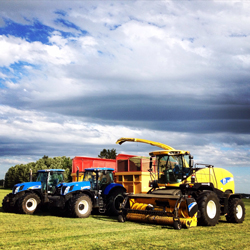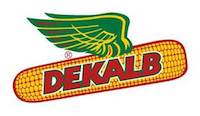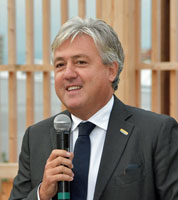 The first half of 2015 showed a drop of 16 % in the exports of U.S.-made agricultural equipment as compared to 2014. In total $4 billion were shipped to global markets.
The first half of 2015 showed a drop of 16 % in the exports of U.S.-made agricultural equipment as compared to 2014. In total $4 billion were shipped to global markets.
Exports to Europe dropped 31% and South America was down 30%. Markets in Asia grew by 19% and sales were up in Central America as well.
The second quarter of 2015 marked the 6th consecutive quarter that U.S. agricultural equipment exports and imports experienced year over year declines. This is an interesting difference from the construction equipment exports, which have experienced growth in imports. A logical explanation may be that the domestic market demand for construction is still stable, while the U.S. farmer lacks resources or incentive to buy new equipment. Looking at specific equipment categories, the only category for which exports grew were components, while exports of Dairy/Milking machinery remained stable.
Our Agritech Business Barometer, a global report from the Agrievolution Alliance that indicates the worldwide climate for agricultural equipment, does not come out until next month. However, we can assume that the lower commodity prices are taking a toll on farmers in other countries as well. Aside from the low commodity prices, a stronger U.S. dollar is plaguing U.S. manufacturers, making them less competitive. In September 2015, the Broad Weighted Trade Index for the US Dollar, provided to us by the Board of Governors of the Federal Reserve, had grown 18.2 percent compared to January 2014 and 21.5 percent compared to January 2013.
You can review AEM’s Agricultural Equipment Global Markets Export report for more details. AEM members may access the export report as well as the Agrievolution report on the AEM website, Market Intelligence section.
















